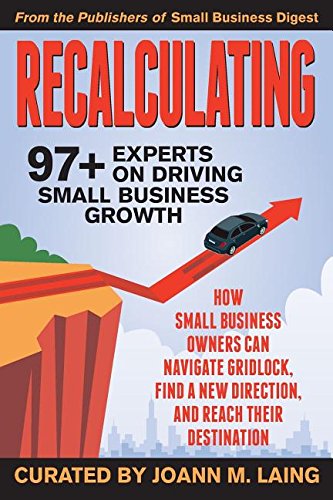Private Equity Growth Indicators

A current theme that continues to occupy my interest is how private equity/venture and angel investors view businesses and judge CEO’s. In a recent post, I discussed a Stanford Business Graduate School study “How Do Venture Capitalists Make Decisions?” that showed that venture capitalists who are considering investing in entrepreneurial ventures, are most interested in entrepreneurs who are passionate, capable, experienced, and part of a strong team.
In this particular article in the Sales Benchmark Index Blog earlier this month, Matt Sharrers discusses the growth indicators a private equity firm expects. He points out that the end of first quarter is an ideal time for private equity firms to check each of their portfolio company’s growth rates, including sales and marketing performance.
According to Sharrers, private equity firms are most interested in implementing an agile sales and marketing strategy focused on results. Q1 is a decision making time to validate prior assumptions as well as the actual results, and most importantly make new decisions as necessary.
Leading indicators include whether sales and marketing are working in lock step and whether sales and marketing are enabled to hit their growth milestones.
Of course, private equity firms are very wary of red flags that exclude win/loss analyses, provide inaccurate market feedback, and show a lack of confidence in Q2 forecasts.
In particular, the CEO must demonstrate that sales and marketing are always in alignment, and there is always a clear plan to execute strategy and do it quickly. As I have often said, the CEO’s job is to provide value for the business, and you can rest assured that the job of the private equity firm is to ensure that value is being achieved.








